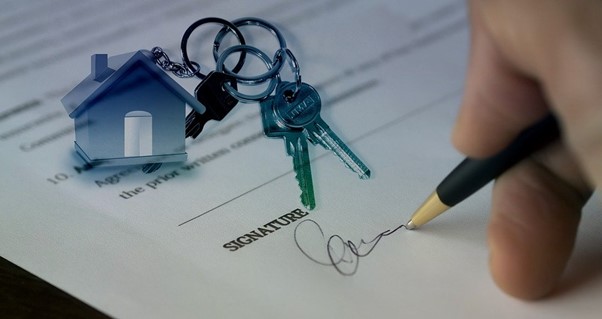
The moving house checklist can feel overwhelming at the best of times. There are a lot of steps between making first contact with your new property and finally getting hold of the keys.
However, it doesn't need to be the drawn-out routine it's become so notorious for. With the right conveyancer and advice for the process, moving house quickly can be a straightforward routine for all parties involved.
Prepare Essential Sale Documents in Advance
Don't be intimidated by the amount of paperwork required for the conveyancing process; your conveyancer is there to help you with that. By preparing the essential documents in advance, you can get started on the first stages of moving house much sooner. These documents will typically include:
- The title deeds to the property
- Your property's energy performance certificate
- Property information form
You will also need evidence of any planning permission and building regulations approval for previous developments that you've had done on the property.
Arrange Searches in Advance
Throughout every conveyancing process, a series of searches will be unavoidable. These searches would generally involve looking into:
- The local authority
- Including any and all issues with planning or building control.
- The environment
- This would cover potential flooding, land contamination, subsidence issues, and other environmental risks.
- Water and drainage
- Who owns and maintains the drains, pipework and sewer systems In the area as well as the property's connection to water supplies and sewers.
- Land registry
- The official documentation that proves ownership of a property.
While these may seem time-consuming for now, carrying out these searches will help avoid discovering issues later down the line when it may be too late. Having a conveyancing solicitor on your team during this part of the process may be able to encourage a faster pace on your behalf.
Consider the Need for a Survey
Surveys, crucially, are not the same as searches. Whilst searches clarify the property's risks via Its connections and location, a survey would assess the stability of the infrastructure itself.
A survey may be particularly worthwhile in your moving process if the building is listed, or if you have any personal concerns of the property's condition. However, similar to searches, identifying issues early on during a survey could minimise delays and additional expenses later in the moving process.
More information on surveys can be found on our website.
Maintain Clear and Constant Communication
There will be two solicitors involved in the conveyancing process: one representing the buyer, and one the seller. Communication between these two parties is key for a quick process, and a professional conveyancing solicitor will be able to keep this channel open and active for a transparent flow of information.
It is also crucial to keep this channel of conversation clear between your conveyancer and yourself. This includes keeping essential contact (such as phone calls and emails), as well as fast-tracking the transfer of information, such as scanning and sending documentation rather than waiting to hand them over in person or by post.
Act on Obstacles as Soon as They Arise
An experienced conveyancer will be able to identify problems within the process, as well as suggest plausible solutions. Potential issues may include those raised during survey or search results. This adaptability remains relevant right up to the closing stages of the conveyancing process. For example, your conveyancer will be adept at both drawing up your contract and editing it to cater to any suggestions or concerns that you may have.
Let Howells Help the Process
Howell's is the property solicitors that can provide the services, advice and resources you need to make the transition from property to property fast and smooth. Our list of conveyancing services can be found on our property solicitors information page.

